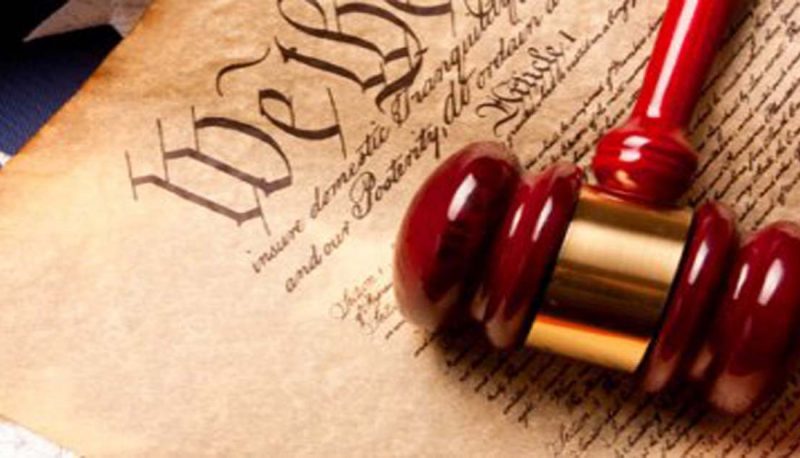Far-right politicians are trying to sabotage the Biden administration’s moves to forgive student debt for lower-income borrowers. And they think the far-right justices on the Supreme Court will help them. We may have some clues as to whether they are right after oral arguments in Biden v. Nebraska and Department of Education v. Brown on February 28.
President Biden’s Debt Forgiveness Plan
This is part of the national response to the ongoing economic impact of COVID-19. In the pandemic’s early days, the Trump Administration paused repayment obligations and suspended interest accrual on federally-held student loans. The Biden administration continued that policy.
The government was acting under a law called the HEROES Act (the Higher Education Relief Opportunities for Students Act of 2003). The HEROES Act lets the Secretary of Education waive financial assistance requirements in a national emergency.
Last August, the Biden administration determined that loan repayments should resume. But they made exceptions. That’s because the continuing economic impact of COVID-19 puts lower-income borrowers at higher risk of default. So the Education Department said it would issue up to $10,000 in relief to eligible borrowers making less than $125,000 per year. That’s the income level that data showed is the threshold at which repayment capability is likely to substantially change. Qualifying Pell Grant recipients can get up to $20,000 in relief.
The plan is to make sure repayment delinquency rates for these borrowers don’t spike above pre-pandemic levels, making them worse off than before.
The plan will significantly reduce or even eliminate the debt of millions of lower-income people across the country. In fact, nearly half of Latinx borrowers and a quarter of Black borrowers will have their entire student debt relieved.
How Did the Supreme Court Get Involved?
Conservatives opposed to this effort to relieve student debt can’t rewrite the law. But they have allies on the Supreme Court who may do it for them. The current far-right majority frequently bends interpretations of the facts and/or the law to get to the result that advances a particular agenda.
So conservative state officials in six states challenged the program in federal court. As did two individuals. Myra Brown isn’t covered by the loan forgiveness because she borrowed from a commercial lender rather than the federal government. Alexander Taylor is getting $10,000 in relief but not $20,000 because he was not eligible for a Pell Grant. They all claim that the administration’s debt relief plan is illegal.
The HEROES Act lets the government relieve debt to prevent borrowers from being in a “worse position” financially. But the administration’s opponents claim that the substantial debt relief envisioned by the Biden plan will leave people better off than before the pandemic. So, they claim, the HEROES Act doesn’t authorize the plan.
They also invoke something called the “major questions” doctrine. That’s the fig leaf conservative justices are increasingly using to advance an agenda that weakens the federal government’s ability to help ordinary people.
The “Major Questions” Doctrine
Last year, the Court struck down EPA regulations designed to combat climate change because the plan had an enormous economic and political impact. That made it what the majority called a “major question.” They held that agencies addressing “major questions” must point to “clear congressional authorization” for their actions.
But the majority’s reasoning was not limited to the EPA or to climate change. The “major questions” doctrine gives powerful business interests a legal weapon to use to sabotage important health and safety protections they oppose. It undermines long-recognized federal authority to actually help people in deeply meaningful ways.
End of the COVID-19 “National Emergency” Status
The formal designation of COVID-19 as a “national emergency” began in early 2020 and has been extended numerous times since then. Many federal government actions in these past three years have been premised on this formal invocation of a national emergency. In late January, the Biden administration announced that they will not be extending it past May 11.
This does not affect the administration’s plan to move forward with debt relief. That’s because the HEROES Act only requires that waivers of student loan requirements be “in connection with” a national emergency, but not necessarily during the emergency. Nevertheless, it is possible that one of more justices will use the end of the formal emergency as justification to reimpose the student loan debt.
Who Is Affected by This Case?
Millions of Americans drowning in student loan debt will be directly affected by this case. As noted above, that includes nearly half of all Latinx federal student loan borrowers and a quarter of all Black student loan borrowers.
That’s what this case is about. For all the talk about legal doctrines, this case is about people, and whether our elected government will be allowed to make our lives better.

